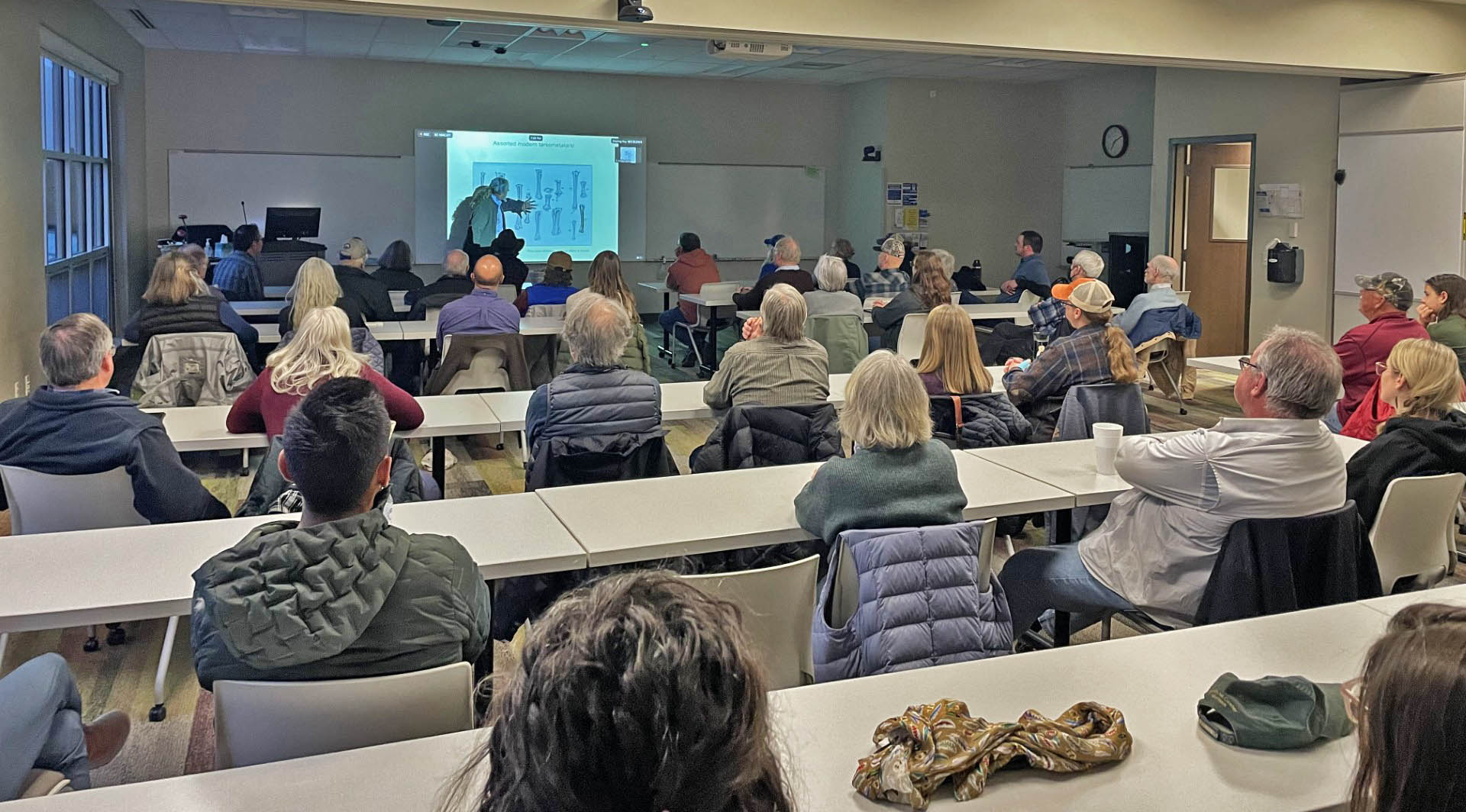
Thickman Faculty Lecture Series
When the Claws Come Out: What Animals Teach Us About Conflict Resolution
Thursday, Feb. 12, 6:00 pm – Whitney Academic Center #153. Free.
With Rachel Kristiansen, Psychology Faculty
- Discover how animals resolve conflict and maintain social harmony
- Explore the science behind cooperation, empathy, and reconcilliation
- Gain fresh insights into what human relationships can learn from the animal world.
Conflict is a universal feature of social life, but how it’s managed can mean the difference between survival and extinction. From elephants reconciling after fights to vampire bats sharing meals with former rivals, the animal kingdom offers remarkable strategies for restoring peace and maintaining group harmony. This lecture explores the psychology and biology of conflict resolution across species, highlighting parallels with human behavior and insights into the evolutionary roots of cooperation, empathy, and social repair. Drawing from ethology, neuroscience, and behavioral psychology, we’ll examine how animals negotiate disputes, employ reconciliation rituals, and balance aggression with affiliation. Ultimately, these behaviors reveal what it means to coexist in complex social systems, and what humans might learn from our nonhuman counterparts about the art of making peace.
Biography:
Dr. Rachel Kristiansen, a Sheridan native, is an Associate Professor of Psychology at Sheridan College. She received her PhD in Experimental Psychology from the University of Southern Mississippi in 2011. During her graduate career, she studied various species of dolphins and whales in the Gulf of Mexico, Caribbean, Atlantic Ocean, and Pacific Ocean, and served as a research assistant in several projects with small primates. Her doctoral dissertation examined a factorial analysis of equine personality in horses across the globe. Publications of her research may be found in peer-reviewed journals such as Zoo Biology, the International Journal of Comparative Psychology, and the Encyclopedia of Animal Behavior and Cognition. In 2017, she completed a second Master’s degree in Veterinary Sciences with a focus on animal shelter medicine from the University of Florida, as well as a graduate certificate in nonprofit leadership. She currently serves as the Executive Director for Second Chance Sheridan Cat Rescue.
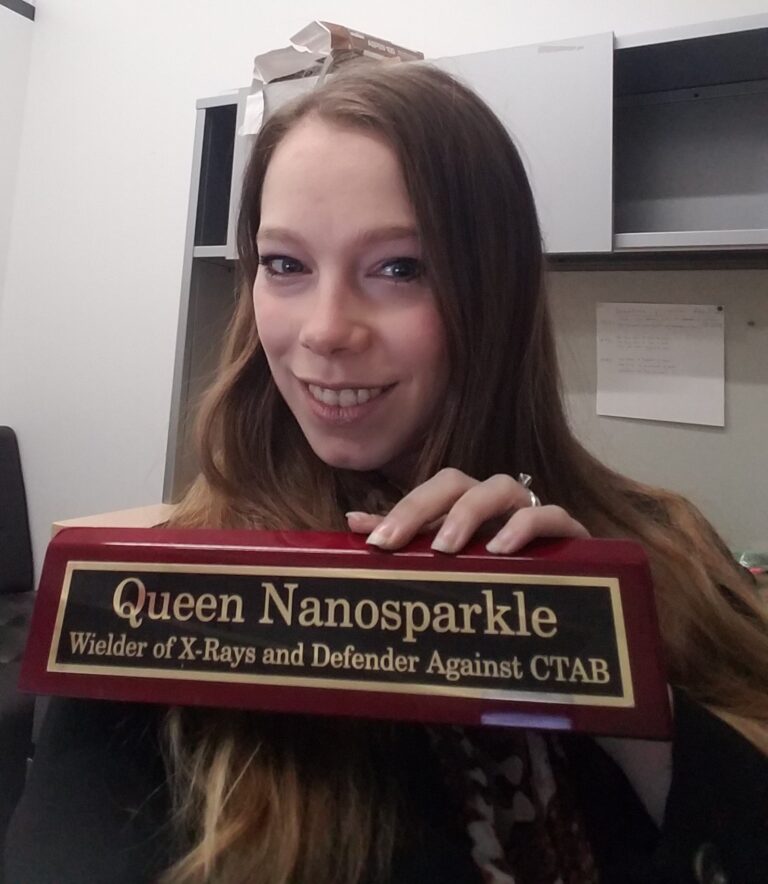
Science Museum Lecture Series
Nuclear Nanotechnology: How Going Smaller Can Make Large Impacts in Nuclear Energy
Wednesday, March 11, 7:00 pm
New location: Whitney Academic Center Room W153, or via zoom. Free.
With Dr. Liane Moreau, Department of Chemistry, Nuclear Energy Research Center, UW
Abstract:
Coming Soon
Biosketch:
Coming Soon
Past Lectures
-
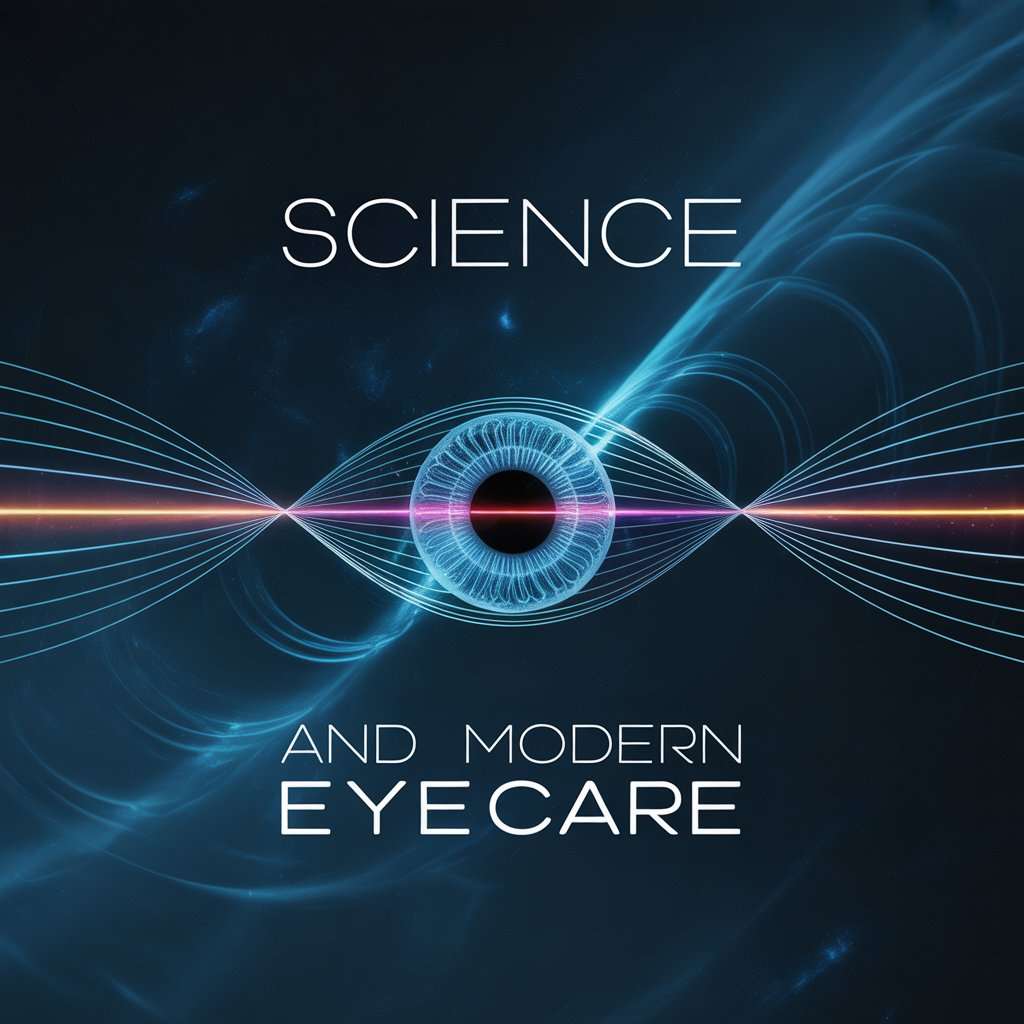
Science & Modern Eyecare
With Sam Hoffman, O.D., Optometrist, Sheridan Eyecare Center, Sheridan, WY
-
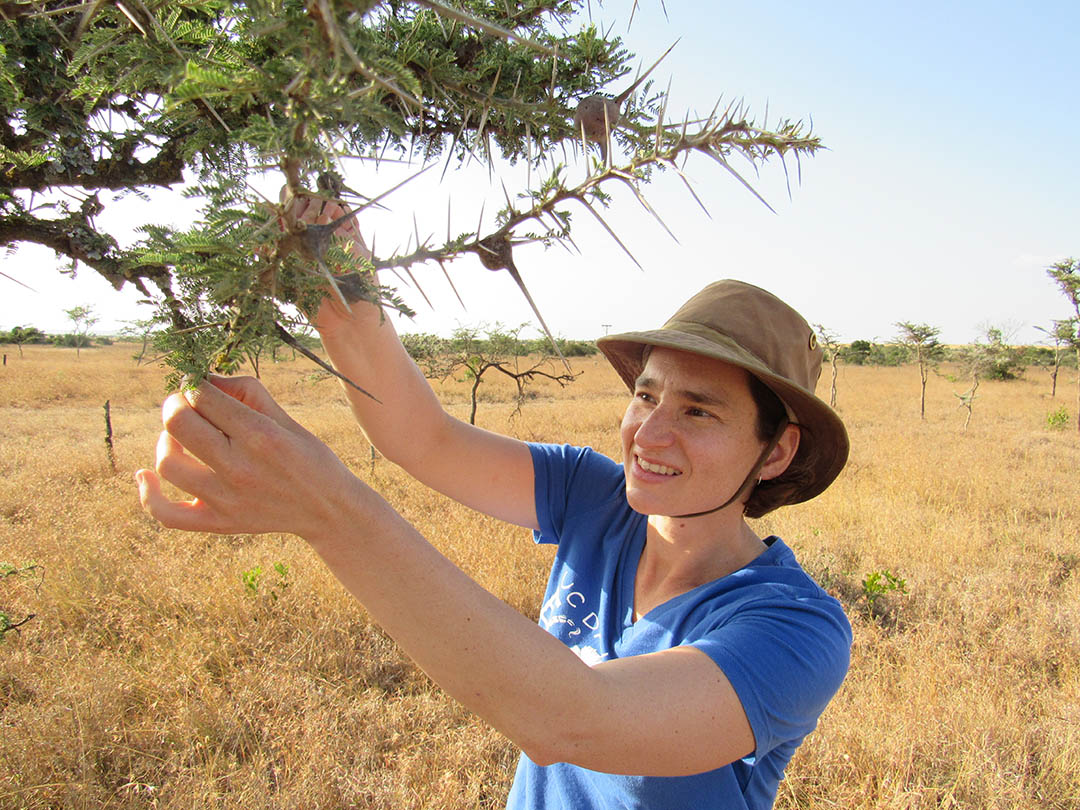
Game of Thorns: A tale of marauding ants, elephants, lions, deception and devastation in an African acacia savanna
With Corinna Riginos, Ph.D., Wyoming Director of Science, The Nature Conservancy
-
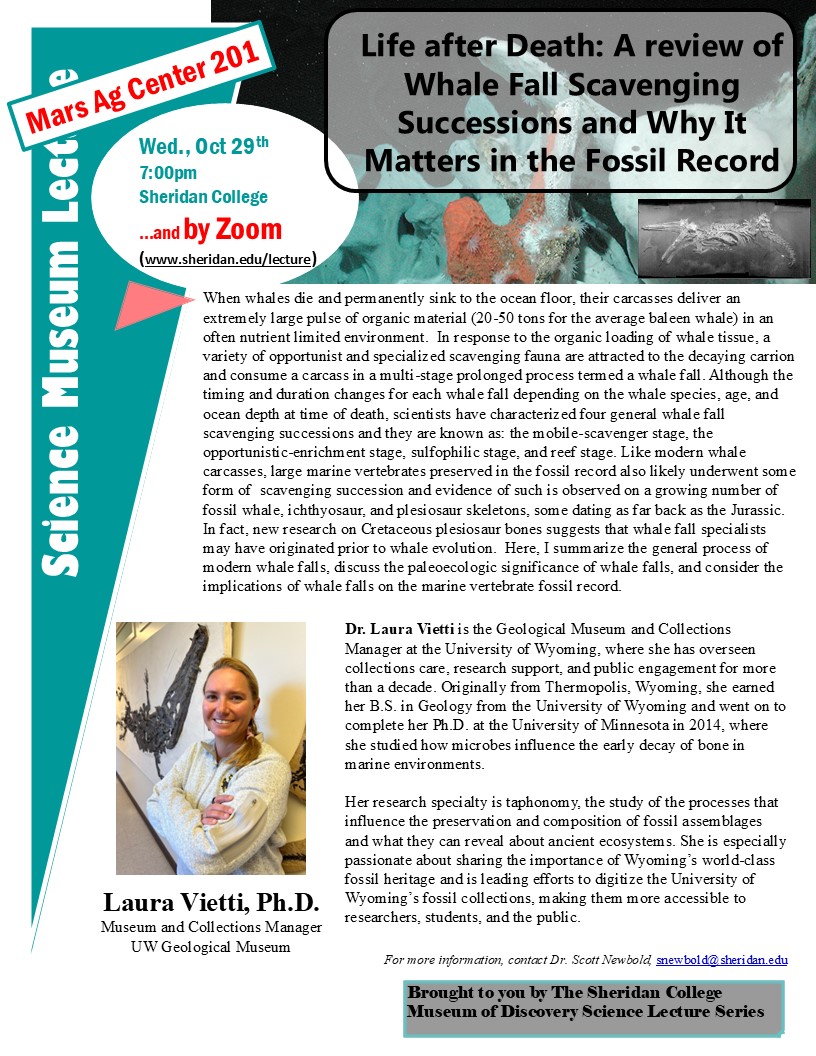
Life after Death: A review of Whale Fall Scavenging Successions and Why It Matters in the Fossil Record
With Laura Vietti, Ph.D., Museum and Collections Manager, UW Geological Museum
-
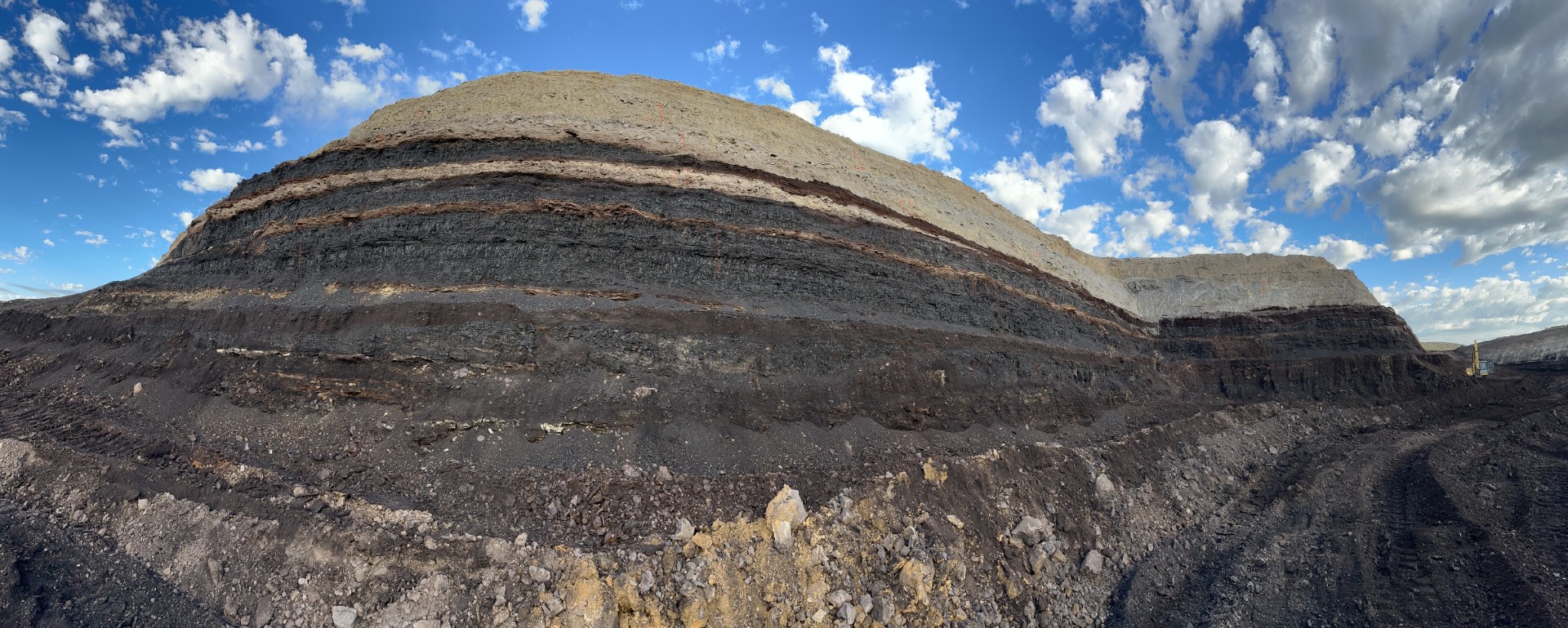
Critical Minerals and the Brook Deposit: Unlocking a New Source of Rare Earth Elements in Wyoming
With Alex Moyes, Ph.D., Director of Critical Minerals, Ramaco Resources, Sheridan,
-

Intellectual Property in Biomedical Sciences: An Overview of the Patent Process
With Dr. Patrick LaBreck, Director of Intellectual Property and GLD Partners,
-
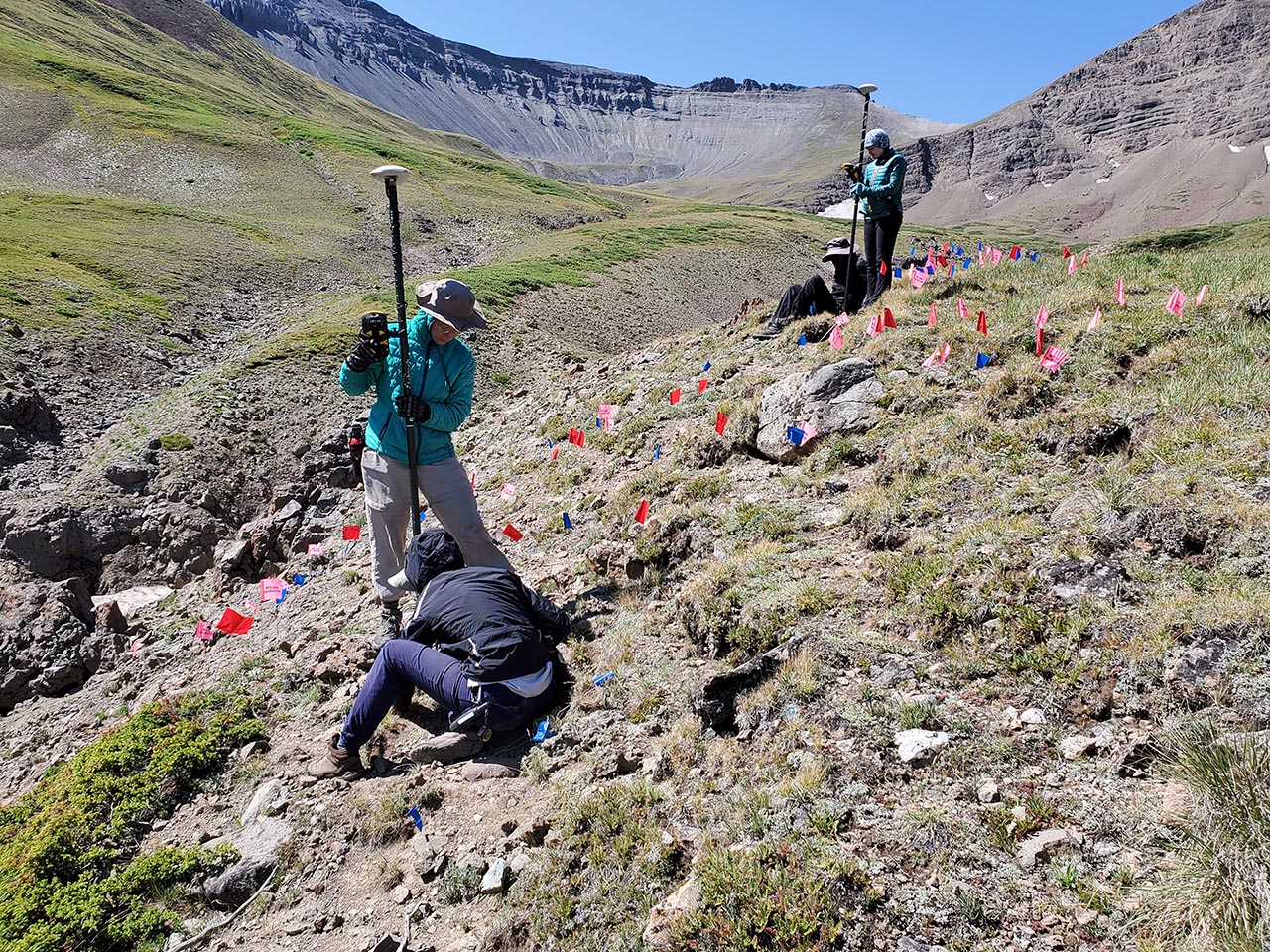
Archeology in Wyoming’s Wilderness: Exploring People, Landscapes, Time, and Connections in the Greater Yellowstone Ecosystem
With Larry Todd, Professor Emeritus of Anthropology Colorado State University &
-

Forecasting the Future: How Technologies like Electric Vehicles & Solar PV Are Changing the Electric Grid
With Scott Robinson, Director, Guidehouse Owner, Sigma-2 Systems, Story, WY.
-
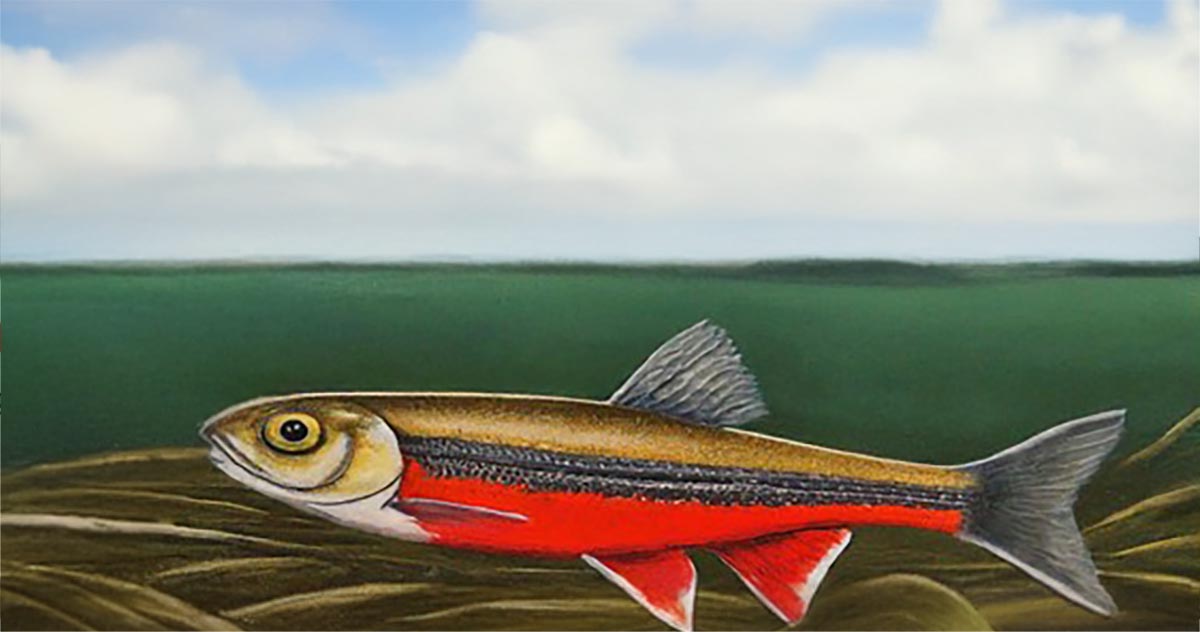
The Ice Age Legacy of Western Fishes: How One Rodent Can Turn Back the Clock on Climate Change
With Niall Clancy, Ph.D. Candidate, Wyoming Cooperative Fish & Wildlife Research
-
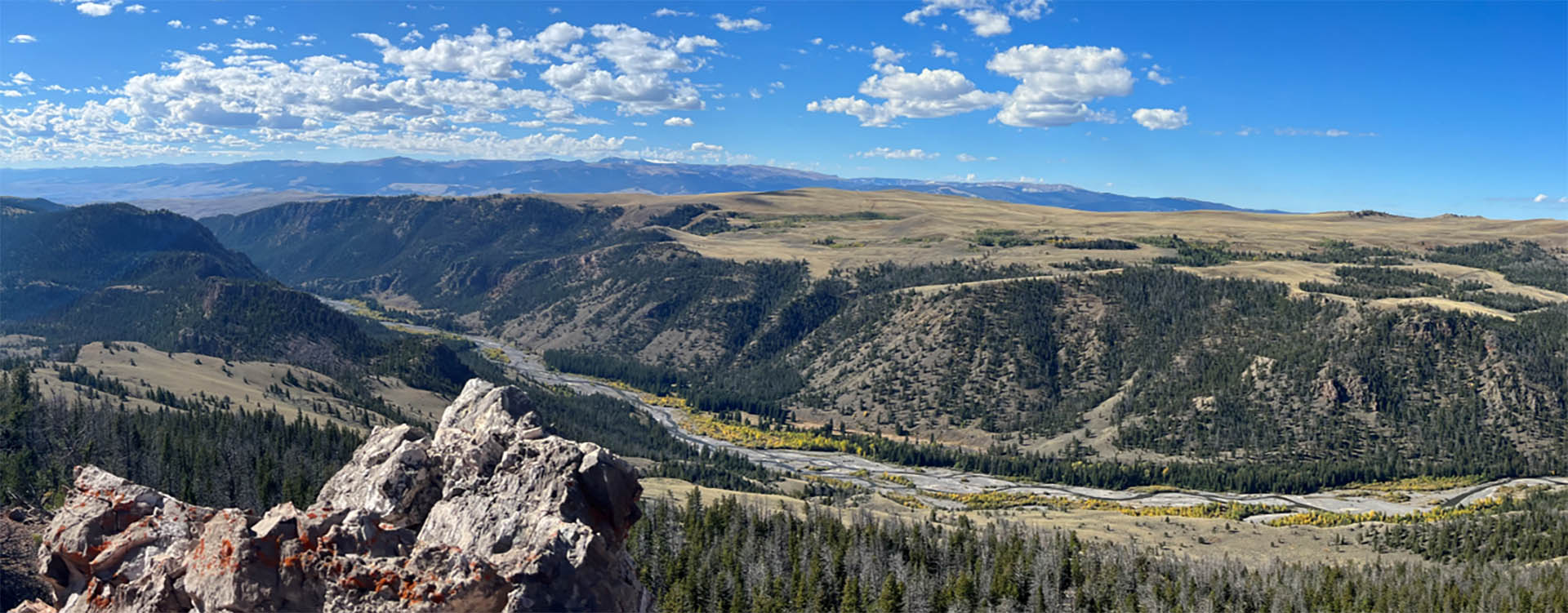
From Granitoids to Glaciers: An Introduction to Geology in Wyoming
With James Mauch, Geologist, Wyoming State Geological Survey
-
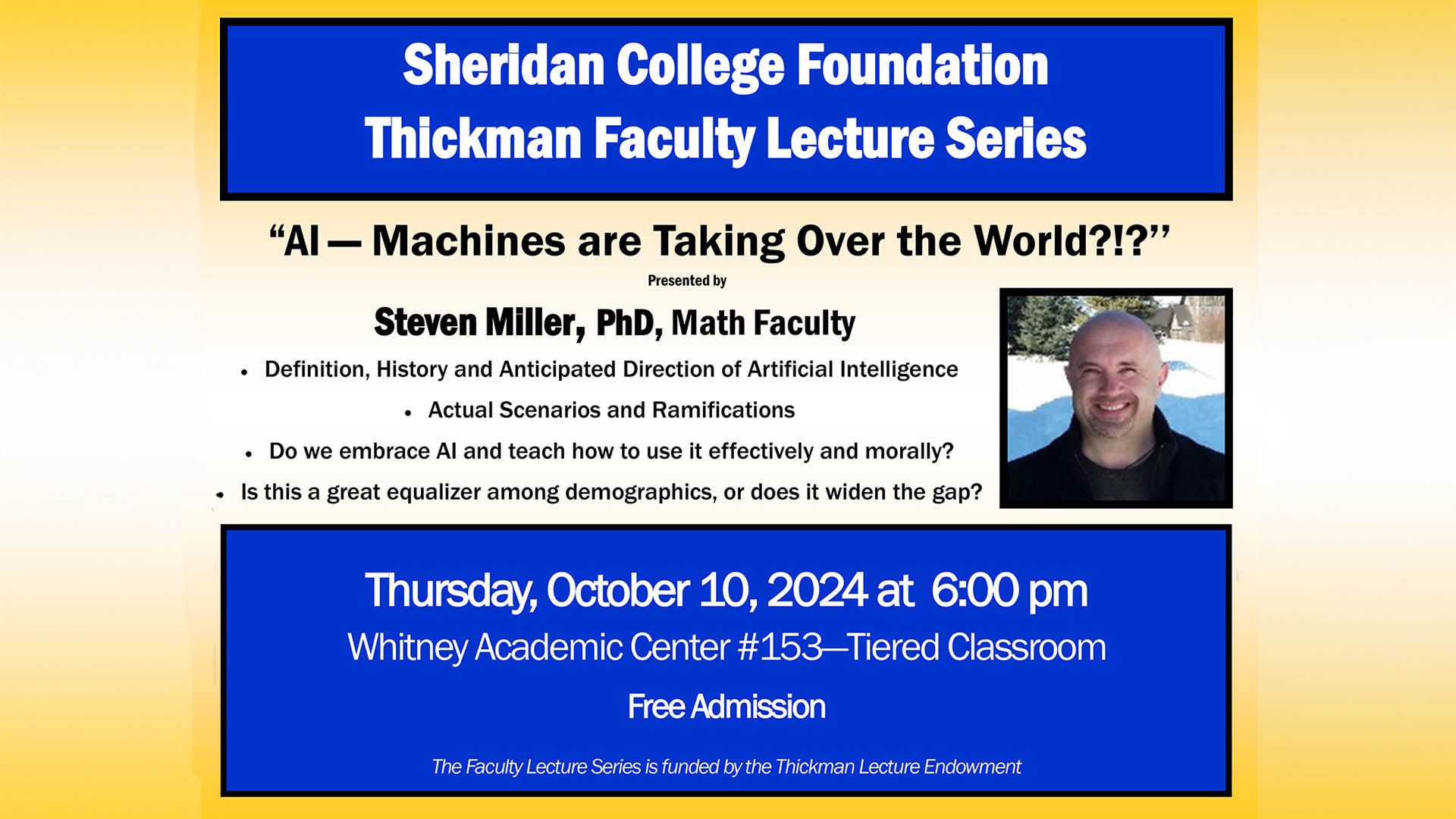
AI – Machines Are Taking Over the World?!?
With Steven Miller, PhD, Math Faculty
-
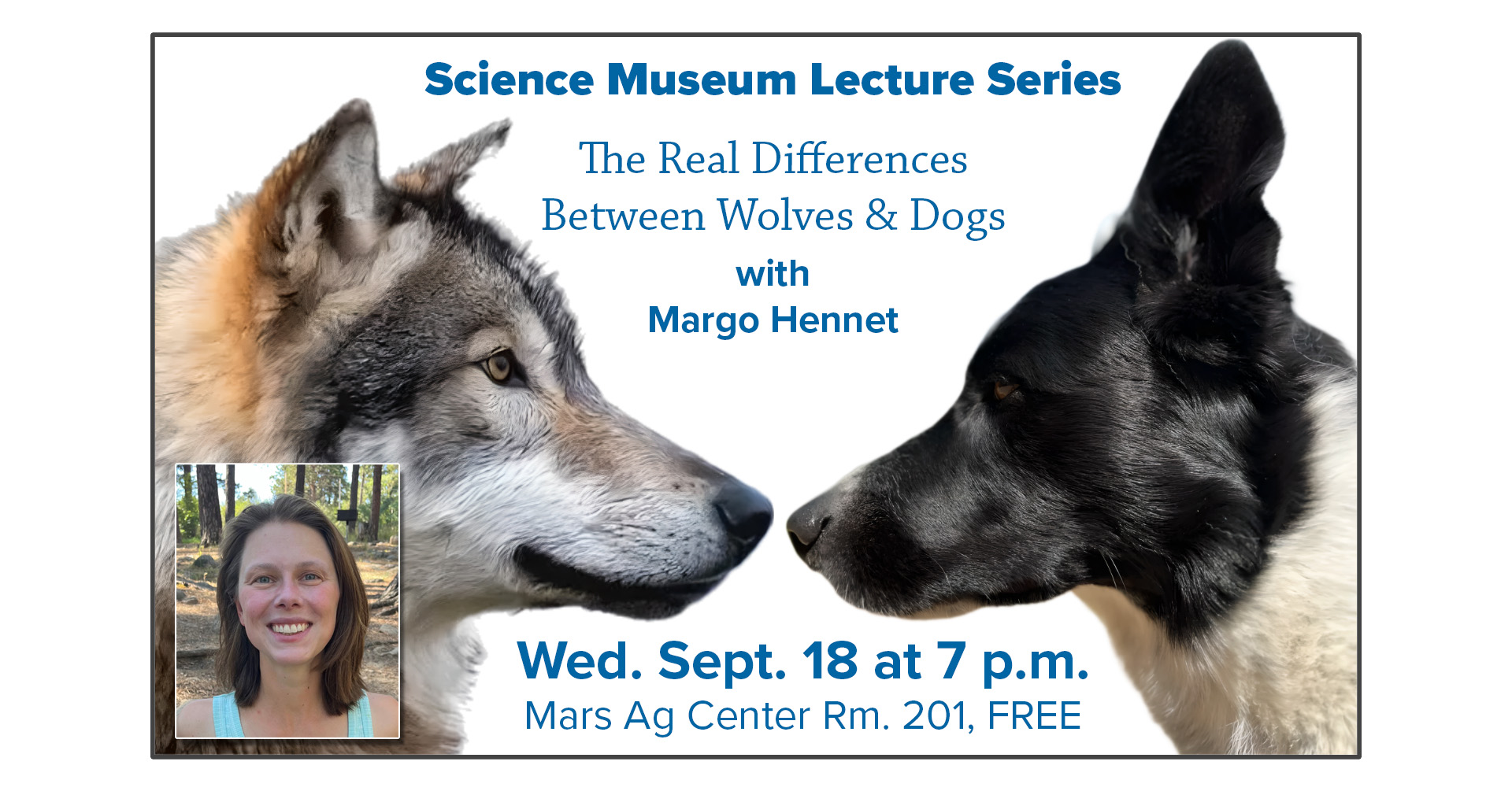
The Real Difference Between Wolves & Dogs
With Margo Hennet, Veterinarian, Story, WY
-
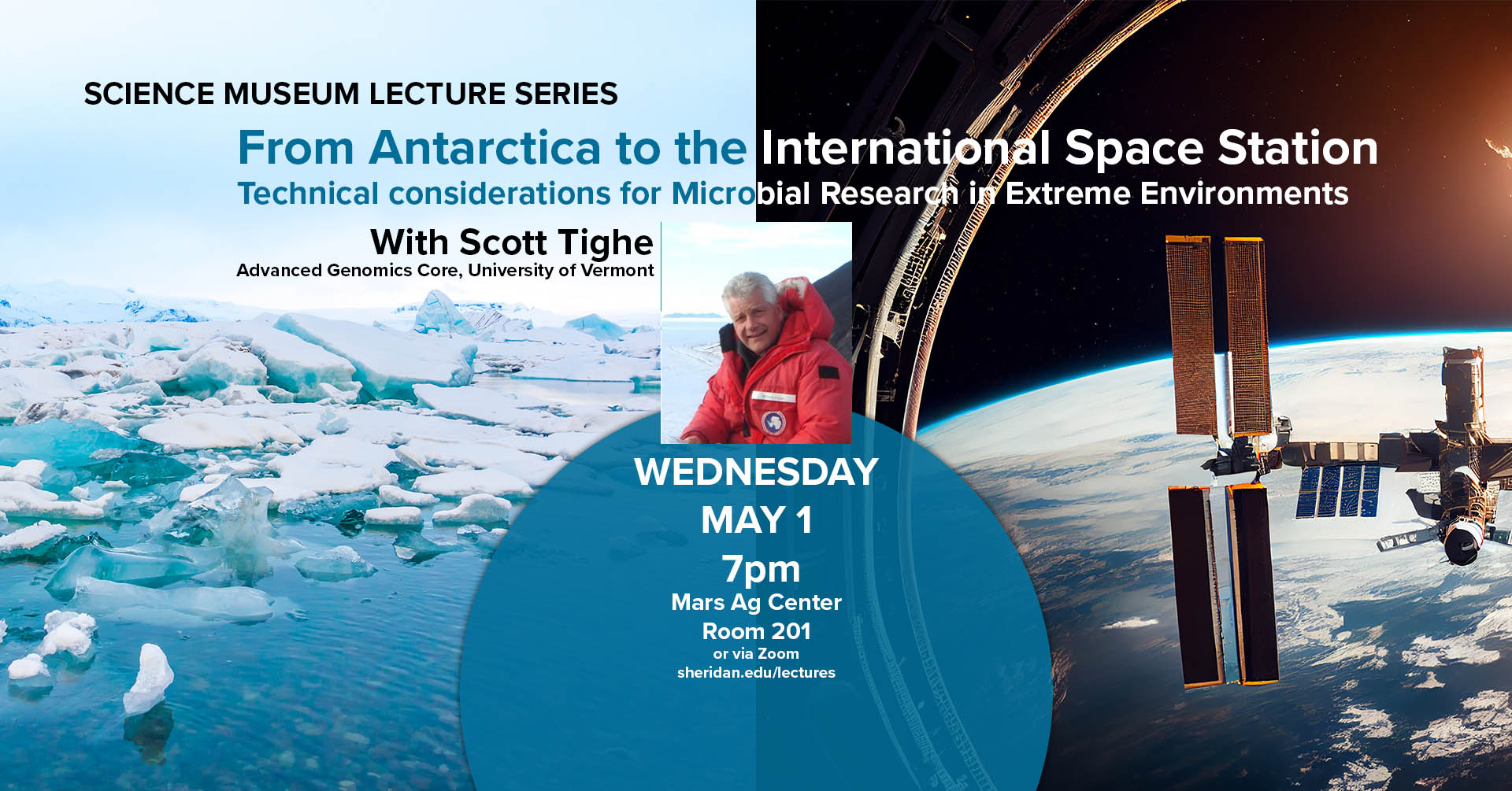
From Antarctica to the International Space Station: Microbial Research in Extreme Environments
With Scott Tighe, Advanced Genomics Core, University of Vermont.
-
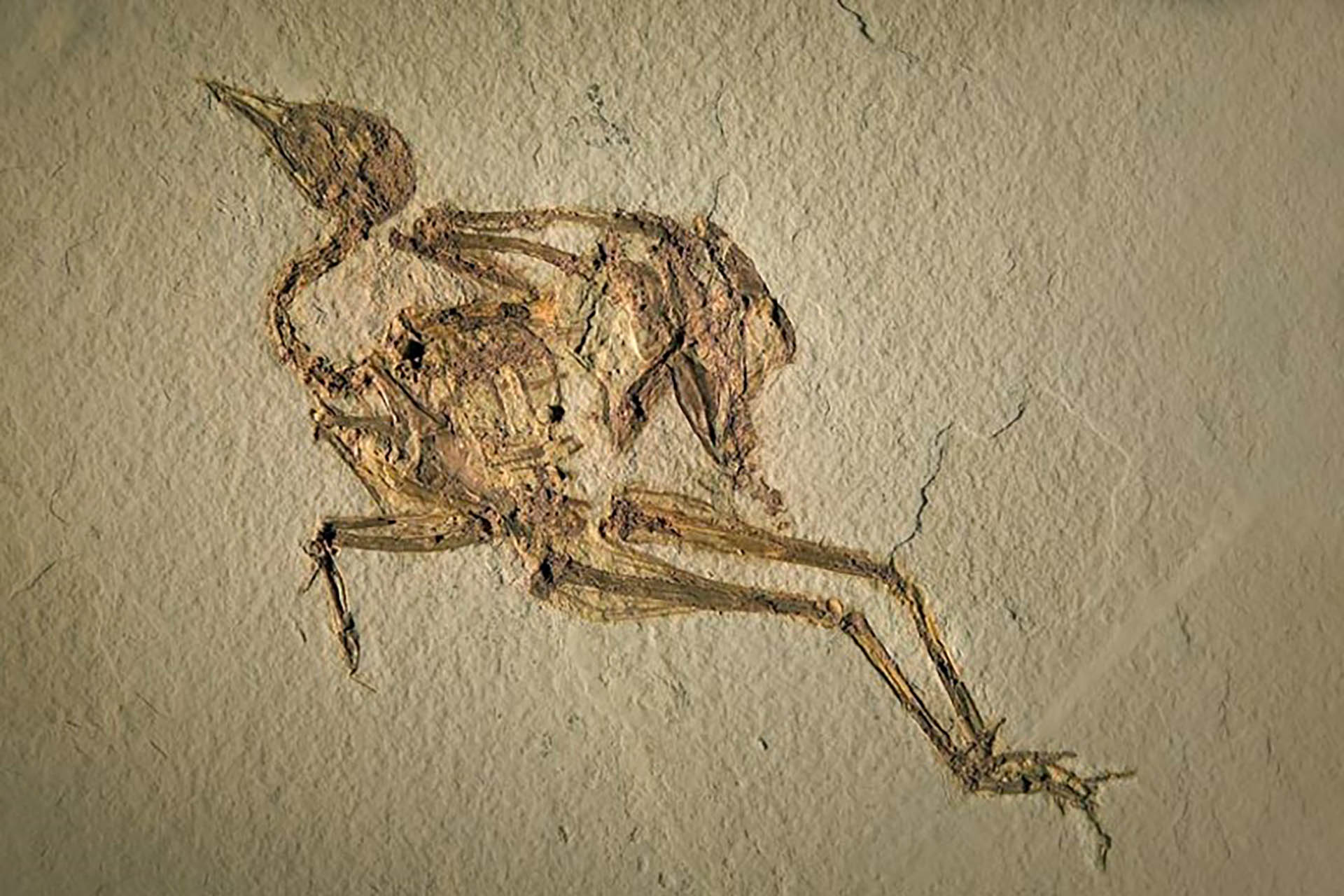
Fossil Birds of Wyoming
With JP Cavigelli, Collections Manager, Tate Geological Museum at Casper College
-
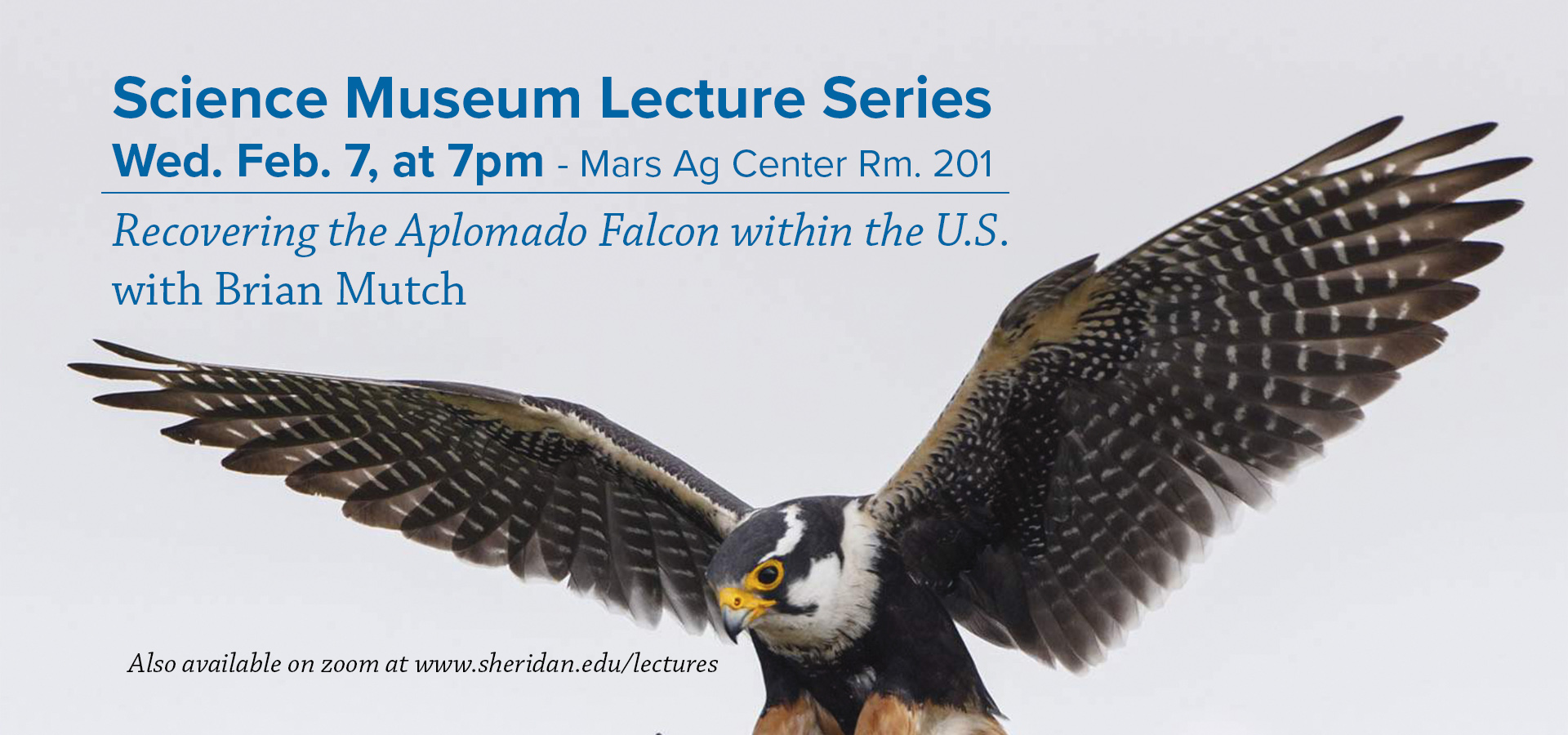
Recovering the Aplomado Falcon within the U.S.
With Brian Mutch, Director, Aplomado Recovery Program, The Peregrine Fund
